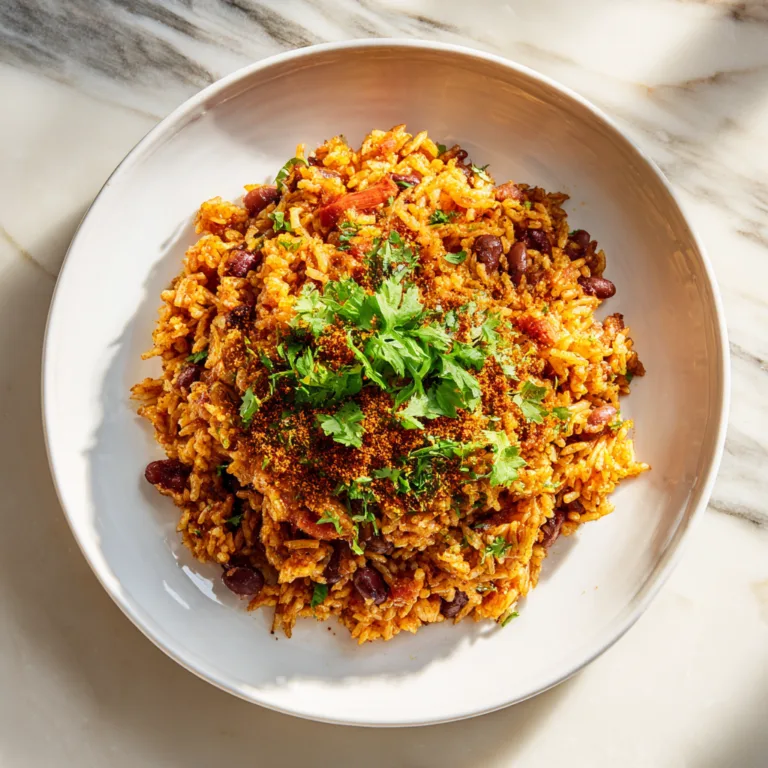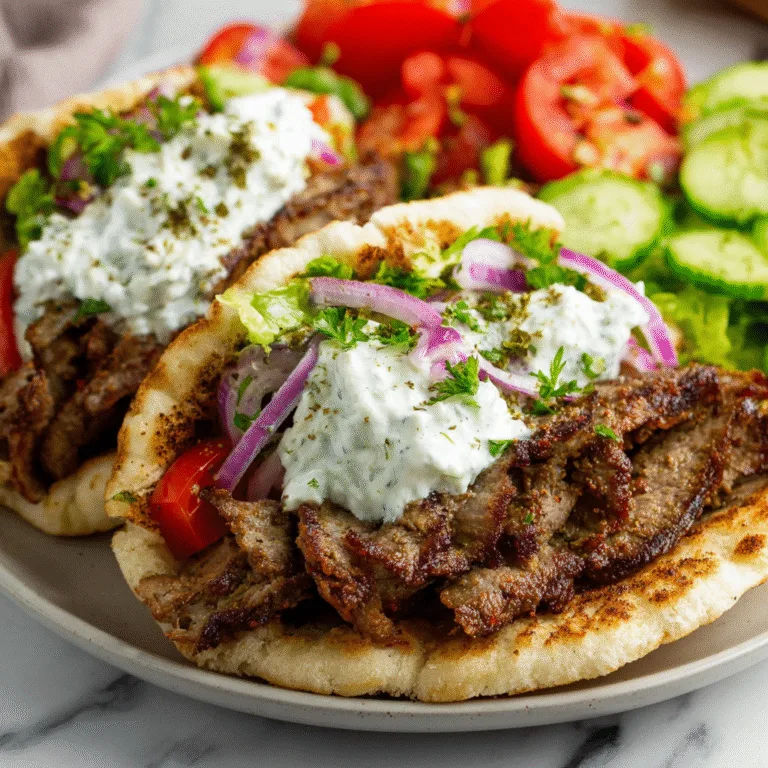Ultimate Comfort: Classic Meatloaf with Creamy Cheese-Infused Mashed Potatoes
There’s something undeniably magical about the combination of tender, savory meatloaf paired with fluffy, buttery mashed potatoes that speaks directly to the soul. This isn’t just a meal – it’s a warm embrace on a plate, a nostalgic journey back to childhood dinners, and a testament to the enduring power of simple, honest comfort food done exceptionally well.
This recipe elevates the classic American dinner duo by incorporating carefully selected ingredients and time-tested techniques that transform ordinary ground beef and potatoes into something truly extraordinary. The meatloaf achieves the perfect balance of moisture and flavor through a combination of fresh breadcrumbs, aromatic vegetables, and a glaze that caramelizes beautifully during baking. Meanwhile, the mashed potatoes reach new heights of indulgence with the addition of cream cheese, creating a velvety texture that’s both rich and surprisingly light.
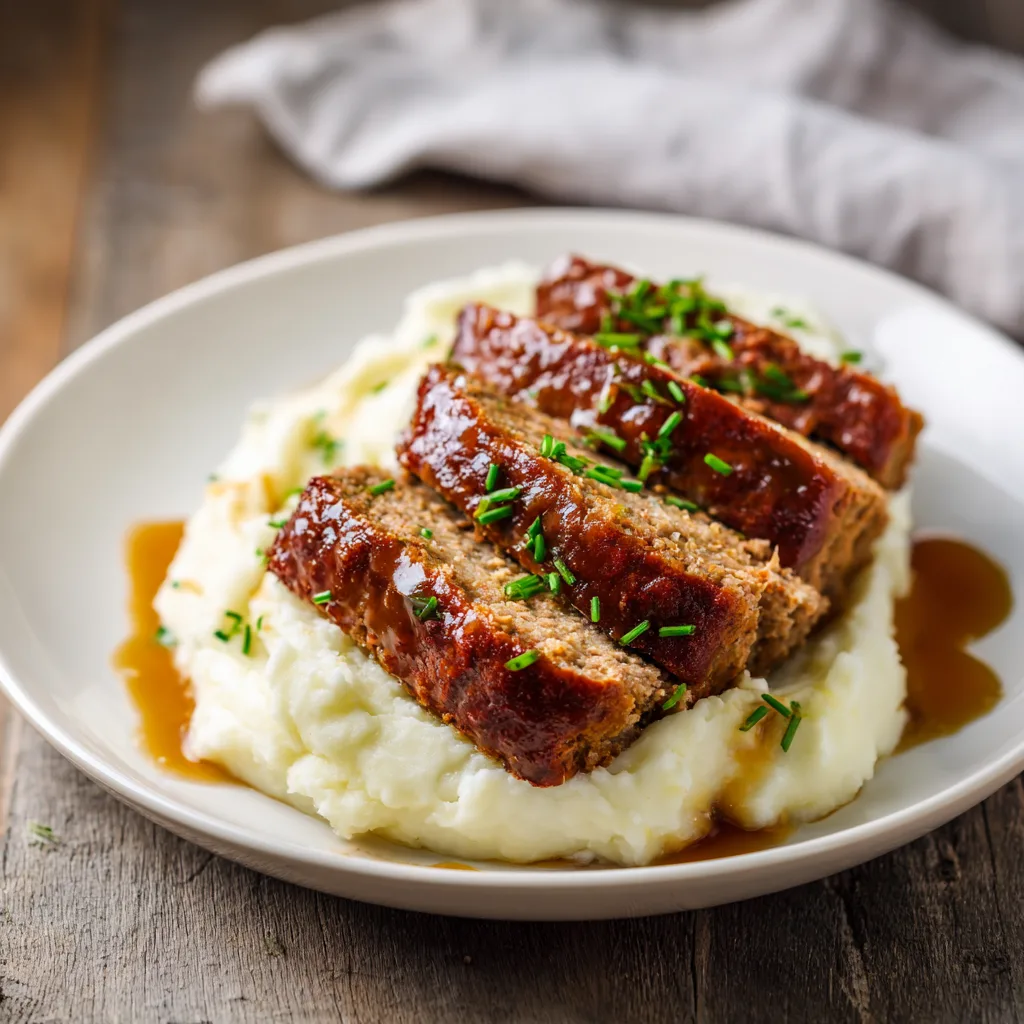
The Science Behind Perfect Meatloaf
Creating exceptional meatloaf requires understanding the delicate balance between moisture retention and structural integrity. The secret lies in the panade – a mixture of breadcrumbs and liquid that acts as both a binding agent and moisture reservoir. Fresh breadcrumbs, rather than dried, provide superior texture and absorption capabilities, while milk adds richness without compromising the meat’s natural flavors.
The vegetable component serves multiple purposes beyond flavor enhancement. Finely diced onions, carrots, and celery release moisture during cooking, creating steam that keeps the meatloaf tender while contributing natural sweetness and depth. These aromatics also provide textural contrast, preventing the dense, heavy feeling often associated with poorly executed meatloaf.
Temperature control during cooking is crucial for achieving the ideal texture. A moderate oven temperature allows the meatloaf to cook evenly throughout without developing a tough exterior crust. The internal temperature should reach exactly 160°F – any higher and the proteins will contract excessively, squeezing out precious juices and creating a dry, crumbly texture.
Elevating Mashed Potatoes to Gourmet Status
While mashed potatoes might seem straightforward, achieving restaurant-quality results requires attention to variety selection, preparation technique, and enhancement ingredients. Russet potatoes provide the ideal starch content for fluffy, light mashed potatoes, while Yukon Gold varieties contribute a naturally buttery flavor and creamy texture.
The incorporation of cream cheese represents a game-changing technique that professional chefs have used for decades. Unlike butter alone, cream cheese provides both richness and tang while contributing to an incredibly smooth, pipeable consistency. The key is adding the cream cheese while the potatoes are still hot, allowing it to melt completely and integrate seamlessly into the mixture.
Proper seasoning extends beyond salt and pepper. A touch of garlic powder, white pepper, and fresh chives creates complexity without overwhelming the potatoes’ natural flavor. The addition of reserved pasta cooking liquid – or in this case, potato cooking water – provides the perfect consistency adjustment while reinforcing the overall flavor profile.
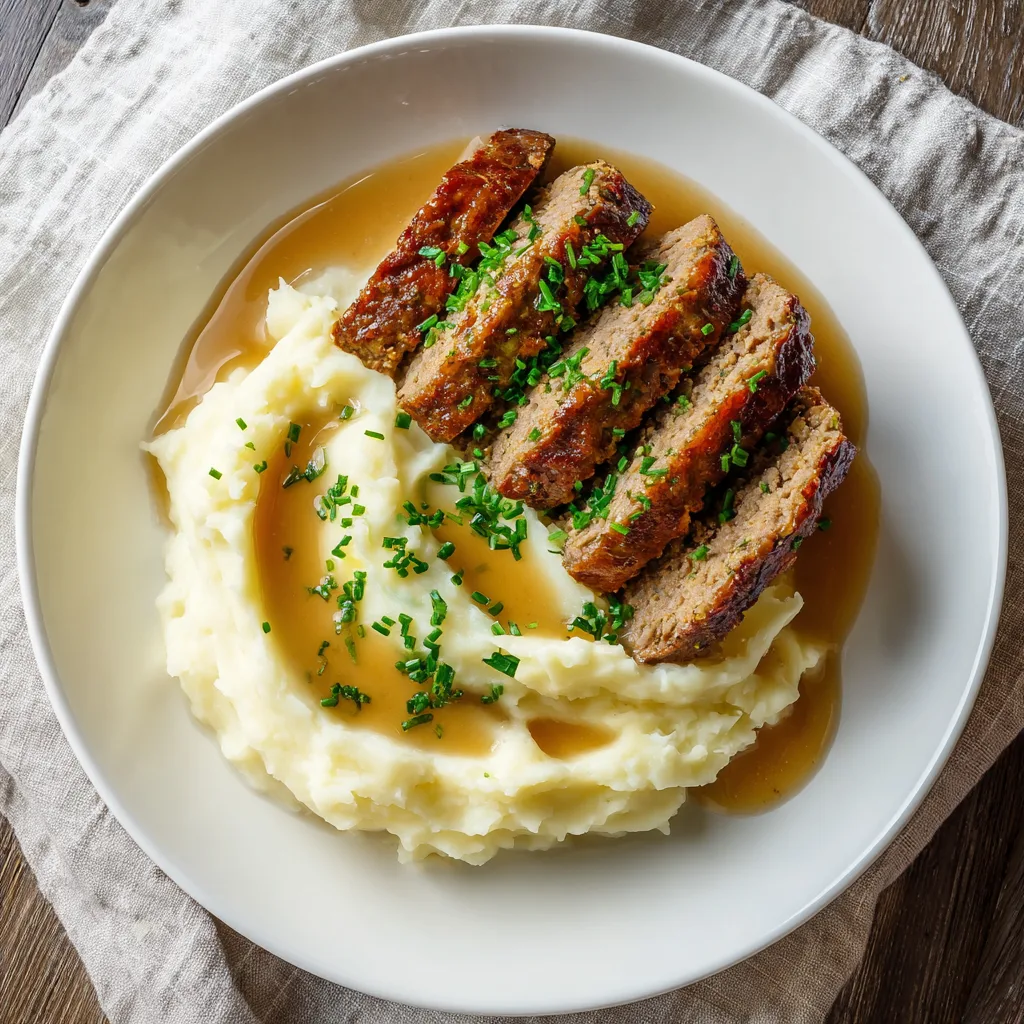
Nutritional Benefits Hidden in Comfort
Despite its reputation as indulgent comfort food, this meatloaf and mashed potato combination offers substantial nutritional benefits when prepared thoughtfully. Ground beef provides complete protein containing all essential amino acids, along with significant amounts of iron, zinc, and B vitamins crucial for energy metabolism and immune function.
The vegetable additions contribute fiber, vitamins, and antioxidants while reducing the overall caloric density of the dish. Onions provide quercetin, a powerful anti-inflammatory compound, while carrots contribute beta-carotene for eye health. Even the potatoes offer surprising nutritional value, including potassium, vitamin C, and resistant starch that supports digestive health.
Ingredients
For the Meatloaf:
- 2 lbs ground beef (80/20 blend)
- 1 cup fresh breadcrumbs
- 1/2 cup whole milk
- 1 large onion, finely diced
- 2 carrots, finely diced
- 2 celery stalks, finely diced
- 3 cloves garlic, minced
- 2 large eggs, beaten
- 1/4 cup ketchup
- 2 tablespoons Worcestershire sauce
- 1 teaspoon salt
- 1/2 teaspoon black pepper
- 1/2 teaspoon dried thyme
- 2 tablespoons olive oil
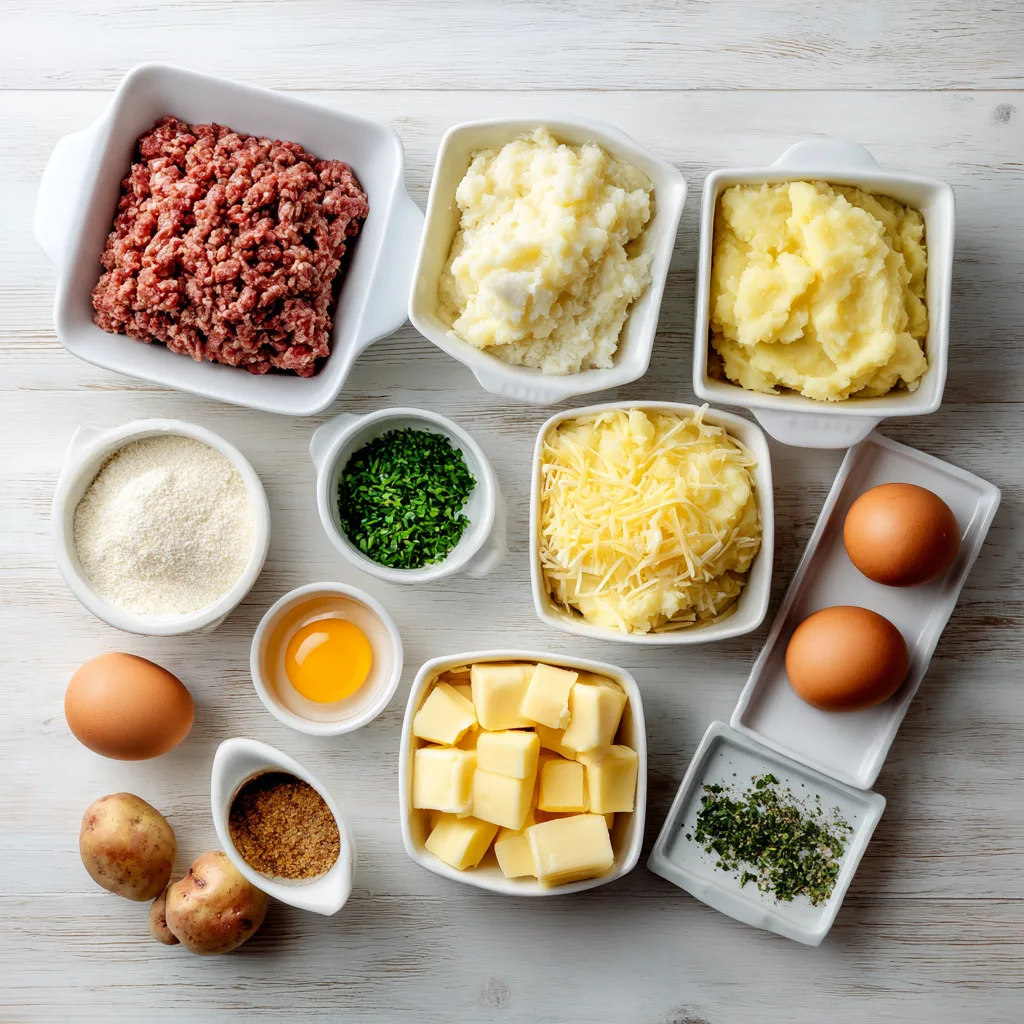
For the Glaze:
- 1/3 cup ketchup
- 2 tablespoons brown sugar
- 1 tablespoon apple cider vinegar
- 1 teaspoon Dijon mustard
For the Cheesy Mashed Potatoes:
- 3 lbs Russet potatoes, peeled and cubed
- 8 oz cream cheese, softened
- 1/2 cup butter
- 1/2 cup warm milk
- 1 cup sharp cheddar cheese, shredded
- 1 teaspoon salt
- 1/2 teaspoon white pepper
- 1/4 teaspoon garlic powder
- 2 tablespoons fresh chives, chopped
Instructions
- Preheat oven to 375°F (190°C). Line a rimmed baking sheet with parchment paper.
- Heat olive oil in a large skillet over medium heat. Add diced onion, carrots, and celery, cooking for 8-10 minutes until softened and lightly golden.
- Add minced garlic and cook for an additional minute until fragrant. Remove from heat and cool completely.
- In a small bowl, combine fresh breadcrumbs with milk, stirring until evenly moistened. Let stand for 5 minutes.
- In a large mixing bowl, combine ground beef, cooled vegetable mixture, soaked breadcrumbs, beaten eggs, ketchup, Worcestershire sauce, salt, pepper, and thyme.
- Using clean hands, gently mix ingredients until just combined, being careful not to overmix.
- Shape mixture into a loaf approximately 9×5 inches and place on prepared baking sheet.
- For the glaze, whisk together ketchup, brown sugar, vinegar, and Dijon mustard in a small bowl.
- Brush half of the glaze over the meatloaf and bake for 30 minutes.
- Meanwhile, place cubed potatoes in a large pot and cover with cold salted water. Bring to a boil and cook for 15-18 minutes until fork-tender.
- After 30 minutes, brush remaining glaze over meatloaf and continue baking for 15-20 minutes until internal temperature reaches 160°F.
- Drain potatoes thoroughly and return to the pot. Add softened cream cheese and butter, mashing until smooth.
- Gradually add warm milk until desired consistency is reached. Fold in shredded cheddar cheese, salt, white pepper, and garlic powder.
- Let meatloaf rest for 10 minutes before slicing. Garnish mashed potatoes with fresh chives.
- Serve sliced meatloaf alongside generous portions of cheesy mashed potatoes.
This timeless combination proves that the best comfort food doesn’t require exotic ingredients or complicated techniques – just quality components prepared with care and attention to detail. The result is a meal that satisfies on every level, from the first aromatic whiff to the last satisfying bite, creating memories that will be cherished for generations to come.
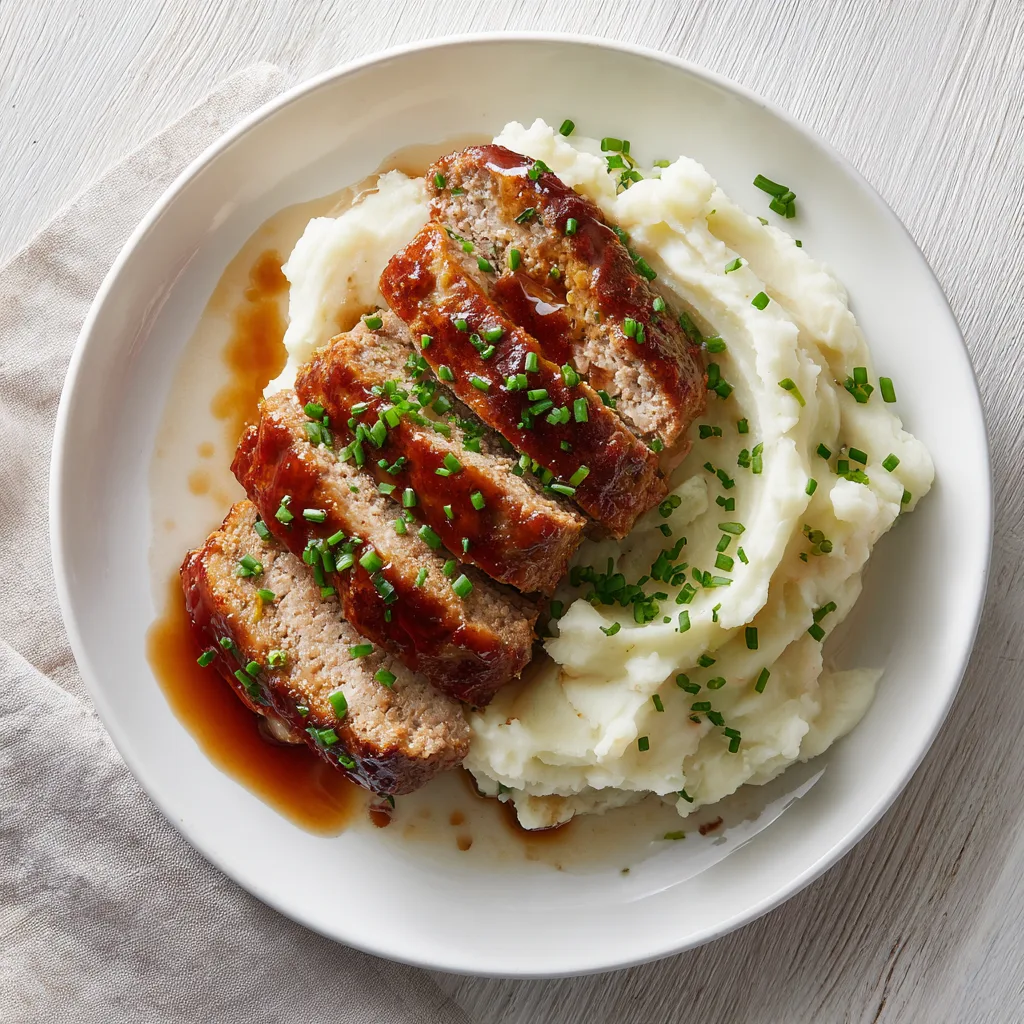
Meatloaf with Mashed Potatoes and Cheese
Ingredients
Equipment
Method
- Preheat oven to 375°F (190°C). Line a rimmed baking sheet with parchment paper.
- Heat olive oil in a large skillet over medium heat. Add diced onion, carrots, and celery, cooking for 8-10 minutes until softened and lightly golden.
- Add minced garlic and cook for an additional minute until fragrant. Remove from heat and cool completely.
- In a small bowl, combine fresh breadcrumbs with milk, stirring until evenly moistened. Let stand for 5 minutes.
- In a large mixing bowl, combine ground beef, cooled vegetable mixture, soaked breadcrumbs, beaten eggs, ketchup, Worcestershire sauce, salt, pepper, and thyme.
- Using clean hands, gently mix ingredients until just combined, being careful not to overmix.
- Shape mixture into a loaf approximately 9×5 inches and place on prepared baking sheet.
- For the glaze, whisk together ketchup, brown sugar, vinegar, and Dijon mustard in a small bowl.
- Brush half of the glaze over the meatloaf and bake for 30 minutes.
- Meanwhile, place cubed potatoes in a large pot and cover with cold salted water. Bring to a boil and cook for 15-18 minutes until fork-tender.
- After 30 minutes, brush remaining glaze over meatloaf and continue baking for 15-20 minutes until internal temperature reaches 160°F.
- Drain potatoes thoroughly and return to the pot. Add softened cream cheese and butter, mashing until smooth.
- Gradually add warm milk until desired consistency is reached. Fold in shredded cheddar cheese, salt, white pepper, and garlic powder.
- Let meatloaf rest for 10 minutes before slicing. Garnish mashed potatoes with fresh chives.
- Serve sliced meatloaf alongside generous portions of cheesy mashed potatoes.
Notes
Customization and Dietary Adaptations
This recipe’s versatility allows for numerous adaptations to accommodate different dietary preferences and restrictions. Ground turkey or chicken can substitute for beef, though additional fat in the form of olive oil or butter may be necessary to maintain moisture. For those following gluten-free diets, almond flour or gluten-free breadcrumbs work excellently as binding agents.
The mashed potatoes adapt beautifully to various dietary needs. Greek yogurt can partially replace cream cheese for increased protein and reduced fat, while cauliflower can substitute for half the potatoes to reduce carbohydrates. Dairy-free versions using coconut cream and nutritional yeast maintain richness while accommodating vegan preferences.
Professional Techniques for Home Cooks
Several professional techniques can elevate your home cooking results to restaurant quality. First, allowing the meat mixture to rest for 15-20 minutes before shaping helps the flavors meld and makes handling easier. Forming the meatloaf on a rimmed baking sheet rather than in a loaf pan promotes even browning and prevents the bottom from becoming soggy.
The glaze application technique significantly impacts the final appearance and flavor. Applying a thin layer halfway through cooking allows it to set and caramelize, while a second application during the final minutes creates a glossy, appetizing finish. Patience during the resting period after baking allows juices to redistribute, ensuring clean slices that hold their shape.

